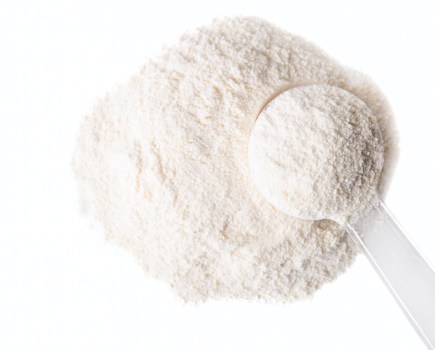Do you often find yourself wondering: how often should I eat to gain muscle? Or maybe you’ve heard that eating small, regular meals is the right way to build muscle – but can you just stick to three meals a day?
There is much debate about nutrient timing and meal frequency around exercise. But, generally speaking, when you eat your food is nowhere near as important as ensuring you hit your energy needs and macronutrients over the whole day.
How often should I eat to build muscle?
The good news is your muscles are not going to dwindle if you skip a meal (by intermittent fasting, for instance) or don’t eat every two to three hours. So long as you eat enough protein every day – and combine it with the right training – you won’t lose muscle.
That said, if you’re serious about building muscle and want to get the most out of your workouts, there may be some benefit in increasing your meal frequency, particularly when it comes to protein.
There’s a fair amount of evidence, for example, that eating protein before and after your workouts can help you build muscle and strength over longer periods of time.
How many meals should I eat per day to gain muscle?
Most of the studies on meal frequency focus on eating protein regularly through the day. One study found that consuming four servings of 20g protein, split throughout the day, was more effective than just two servings of a higher amount of protein.
Similarly, another study highlighted that protein synthesis was higher in people eating three meals plus snacks than those who ate just three large meals a day.
One of the reasons more frequent meals with protein may be helpful for muscle building, is that our bodies can only absorb a certain amount of protein each hour. That means consuming more protein in the same meal may not result in any greater gains.
In addition, there is a limit to how long protein synthesis rates remain elevated when you eat protein: roughly three hours after eating.
“Eating 30g protein every three to four hours may result in greater gains than eating fewer, larger amounts of protein spread over longer periods”
So if we know that 20-30g protein is what’s needed to stimulate muscle protein synthesis, and that muscle protein synthesis lasts for no longer than around three hours, eating 30g protein every three to four hours may result in greater gains than eating fewer, larger amounts of protein spread over longer periods.
Of course, eating this way is not practical for everyone. So, remember: it’s more important you hit your overall energy needs and macronutrients, particularly protein, on a daily basis.
RELATED CONTENT:







